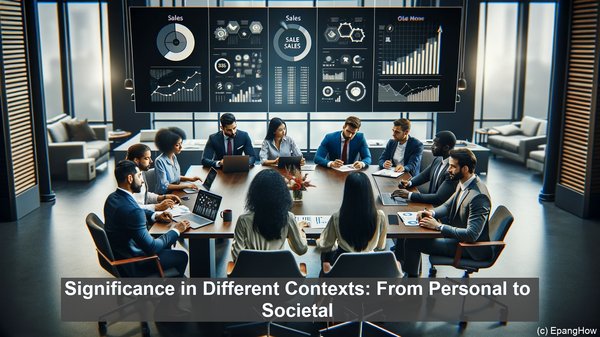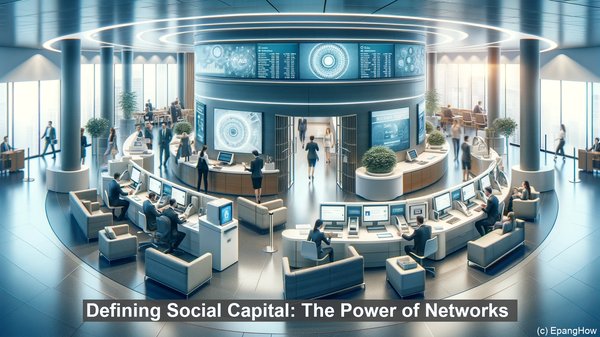Introduction: The Dual Forces Driving Our World
Hello everyone! In today’s interconnected world, two forces play a pivotal role in shaping our lives: social capital and economic capital. While both are essential, they operate in distinct ways, impacting various aspects of our personal and professional spheres. Let’s dive deeper into these concepts to understand their differences and significance.
Defining Social Capital: The Power of Networks
Social capital refers to the resources, opportunities, and benefits that arise from our social connections and networks. It encompasses the trust, norms, and reciprocity that exist within a community or group. These connections can be both strong, such as close friendships, or weak, like acquaintances. Social capital is intangible but holds immense value, enabling individuals and communities to access information, support, and opportunities that may not be available otherwise.

Exploring Economic Capital: The Currency of Resources
In contrast, economic capital primarily revolves around financial resources, assets, and wealth. It encompasses tangible elements like money, property, and investments. Economic capital is often quantifiable and serves as a measure of an individual’s or organization’s financial standing. It plays a crucial role in determining access to goods, services, and opportunities in the market, shaping economic mobility and power dynamics.
Significance in Different Contexts: From Personal to Societal
While social capital is more closely associated with social relationships, trust, and community cohesion, economic capital’s significance lies in economic transactions, market dynamics, and wealth accumulation. Social capital is vital for personal well-being, mental health, and social support, while economic capital determines one’s purchasing power, investment potential, and access to quality education and healthcare. In society, social capital contributes to social capital contributes to social cohesion, collective action, and resilience, while economic capital drives economic growth, innovation, and entrepreneurship.

Interplay and Influence: How They Shape Each Other
It’s important to note that social capital and economic capital are not mutually exclusive. In fact, they often intersect and influence each other. For instance, strong social networks can enhance economic opportunities through referrals and collaborations. Similarly, economic capital can contribute to the formation of social capital, such as when philanthropic activities strengthen community ties. Understanding this interplay is crucial for individuals and organizations, as it can help leverage both types of capital for mutual benefit and sustainable growth.
